The UN Independent Commission of Inquiry into Burundi presented its final report before the Human Rights Council on Tuesday, 19 September. A session that was rich in argument between Bujumbura and Fatsah Ouguergouz.
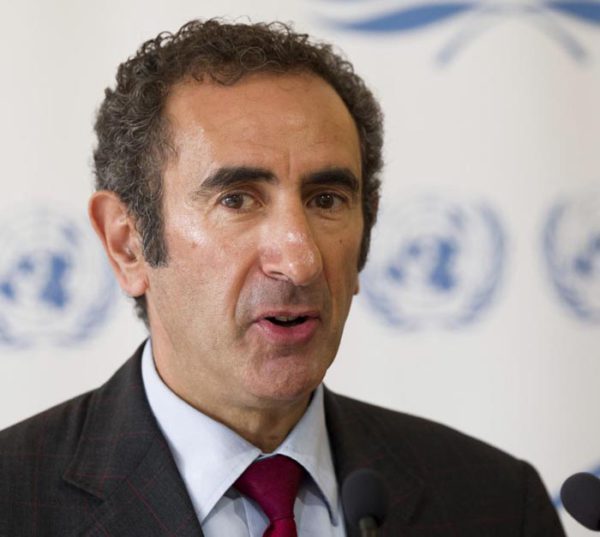
Geneva, Fatsah replies to the accusations of Bujumbura
Accusations came from every side. First, there were those of the Permanent Representative of Burundi at the Human Rights Council. Rénovat Tabou accused the commission of having a hidden agenda. He also said the commission showed affection and sympathy for the insurgents by refusing to investigate the crimes that they committed.
Going a little further, the ambassador said he was surprised by the silence of the commission over the various crises that claimed countless lives of Burundians since independence. “What justification can it give to the unique choice of the 2015 crisis?”
According to him, Fatsah Ouguergouz and his colleagues didn’t apply the principles of universality, objectivity and failed to put an end to a double standard and politicization. He concluded: “Burundi publicly and completely rejects the report and asks for its invalidity.”
A settling of accounts
Up in arms about Bujumbura, the president of the commission of inquiry did not go great lengths: “Such statements grow neither their authors nor the government they represent. He adds: “It is by a peaceful silence that I will content myself with replying to such statements. But, I will corroborate out loud each of the conclusions and recommendations of our report. ”
The report by the Commission of Inquiry into Burundi lays grave charges against Bujumbura. It accuses the Burundian authorities of crimes against humanity and calls on the ICC to initiate investigations.
Before the end of this 36th session, a resolution must be put to the vote of the member states. It is particularly about supporting the commission’s recommendations which include among others, the referral to the International Criminal Court and the renewal of the mandate of the Commission of Inquiry for one year.
A race against the clock is therefore launched. Burundi announced its decision to withdraw from the Rome Statute on 27 October 2016. The withdrawal will take effect on 27 October.
The EU is already working with a draft resolution to be proposed to the Human Rights Council. Burundi government continues its lobbying, trying to win over the African countries.
>>Reactions
The EU supports the referral to the ICC
“We recall that the member states of the Council must respect the highest standards of human rights,” said the EU. It supported the idea that any international crime should be prosecuted by the judiciary and called for the consideration of the recommendations concerning the launch of investigations by the ICC. While calling for the renewal of the commission’s mandate, the EU insisted on mediation under the aegis of the EAC as the only solution to the crisis. The EU concluded it is crucial that the government participate in the dialogue without preconditions in order to agree on the conditions for free elections in 2020.
The DRC deplores the politicization of the Human Rights Council
For the Democratic Republic of the Congo, when the General Assembly established the Human Rights Council, it hoped, among other things, to put an end to a double standard and politicization. Its delegation deplored the gradual deviation from the policy of the General Assembly, saying that the case of Burundi is an illustration par excellence. “Categorizing crimes and distinguishing criminals who should not be prosecuted from those who should be prosecuted and brought before the ICC is a matter of politicization.
He stressed the need to promote a good climate of cooperation in order to reach a joint solution instead of intimidation.
Analysis/ Geneva, a disastrous strategy
The government has restricted itself to the role of a victim, accusing the whole world. It doesn’t hold, unfortunately. There are facts.
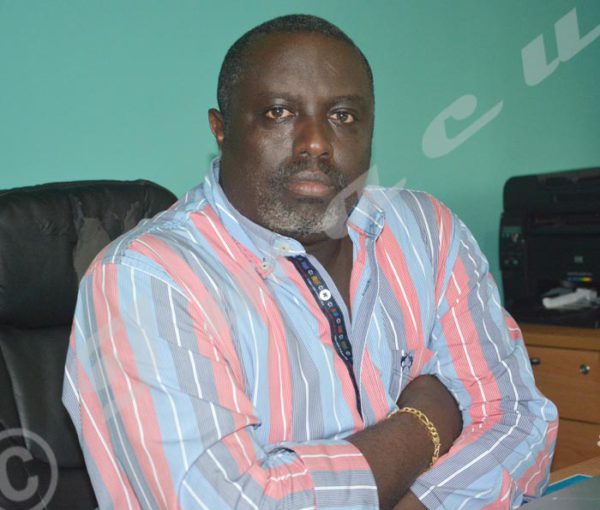 Let’s say things the way they are: the defense strategy of the government in Geneva was a disaster. You can not accuse the whole world of being against you.
Let’s say things the way they are: the defense strategy of the government in Geneva was a disaster. You can not accuse the whole world of being against you.
One cannot reject everything by focusing on past failings of the international community to justify the current misconduct. The government would have collaborated first and then shed light on the facts mentioned, word by word, line by line, because as it said, it has nothing it reproaches itself. But, its defense is a dodge, a diversion.
Refuting the report reinforces a feeling of discomfort even among its allies. Why would the whole world have “a hidden agenda against the Burundian regime?” Why would the whole world hold grudge against the government? It’s excessive. As usual, what is excessive is insignificant. The speech of the chairman of the commission of inquiry hit the nail on the head: “It is by a peaceful silence that I will content myself with replying to such statements.”
A way of saying, since you do not answer the essential, I cannot follow you on the path of “insults.”Let us also pass on the puerile accusations that have inflamed the social networks close to the regime to explain the bias of the president of the commission of investigation. Decency does not allow me to repeat them. In fact, by acting in a position of a victim, instead of rising to defend itself and assume certain irrefutable facts or even if it means to take measures, Bujumbura has badly engaged its fight. In any case, this important round which was held in Geneva was a lost cause.
Antoine Kaburahe
Written by Agnès Ndirubusa and Antoine Kaburahe, translated by Pierre Emmanuel Ngendakumana


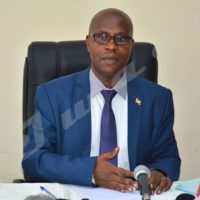
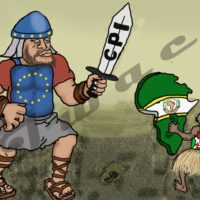
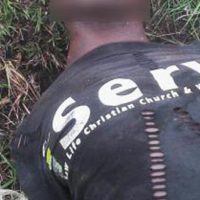
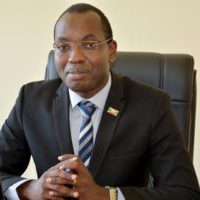













 IWACU Open Data
IWACU Open Data

